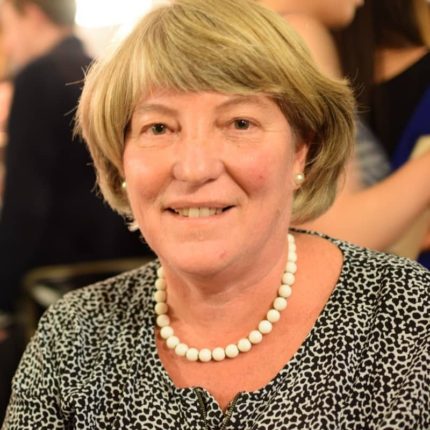Thinking about the future can seem tricky, especially with uncertainty on so many fronts. Higher education, just like any other sector, needs to find ways of exploring what the future might be, and might mean, for individuals, institutions or businesses. Futures work isn’t about being certain about what’s going to happen in any given sphere, it’s about understanding the uncertainties and evaluating in a structured way about what they mean.
In 2014, Unite Students worked with University Alliance, Ash Futures and others on a report – Living and Learning in 2034 [pdf] – looking ahead to the future for UK higher education. Building on that work, Wonkhe is working with Unite Students to explore the topic in a series of articles to be published on Wonkhe.com. Unite Students is a leading provider of student accommodation with a significant stake in the future of HE: it has a commitment to supporting the sector through analysis and insight. HE Futures is a demonstration of that commitment and, working together, we hope that the whole of higher education can benefit from the project.
We’re open-minded about the range of topics which might be covered in the series; we want to be led by issues of concern to the sector. We want to encourage a dialogue which helps everyone in a decision-making capacity to be aware of the possible futures, to anticipate change, and to act in response. If futures thinking isn’t (yet) your thing, consider the following propositions which could be a starting point:
- Higher education needs to be better connected to the needs of society. Individual universities need to be better connected to the needs of the communities they are part of.
- The prevailing culture in government is anti-intellectual and universities are not seen as a strategic resource. The sector needs to adopt a more bullish position with government and argue its case more strongly.
- The sector as a whole – and individual institutions – have complex definitions of purpose that (a) cover too wide a range of activities; (b) make it hard to achieve strategic focus; and (c) make it difficult for individual institutions to differentiate themselves.
- The sector needs to strengthen good practice in strategic planning and implementation. Partly this is a leadership task and partly a management task.
- Universities need to understand the changing world of work better so that they can educate the new workforce; and so that they can change their own working practices.
- Universities could form partnerships to become ‘megacity universities’
- Universities will need to be more agile. Data analytics and new approaches to teaching and learning will push the balance of power from producer to consumer.
If you’d like to know more about the HE Futures project, and how you can get involved, please contact Robin Middlehurst, Wonkhe’s Contributing Editor leading on the series.


